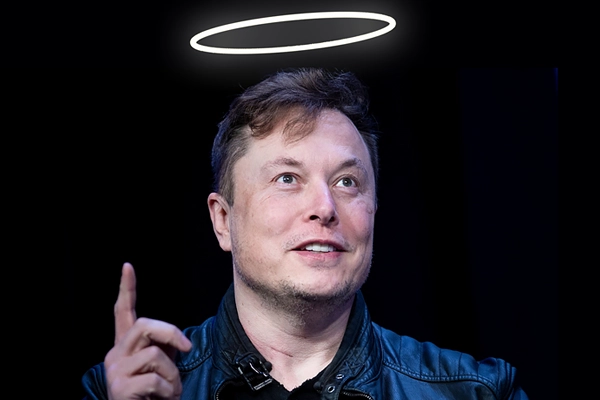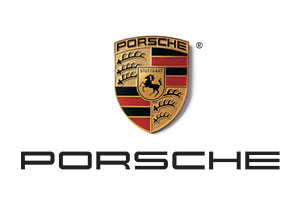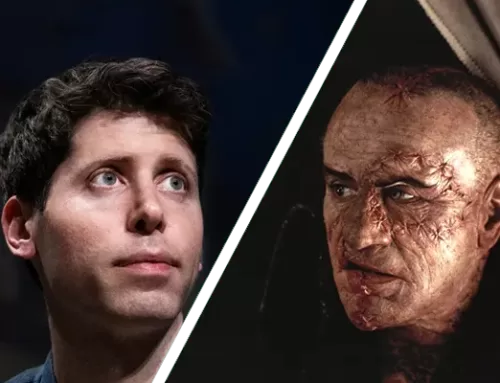Genius is a curious phenomenon:
- It seems to be narrow in focus. As far as we know, no human has ever been a genius in all things. This means there are many distinct areas of genius.
- There are degrees of genius as measured by IQ tests, but IQ score hasn’t always been a good indicator of productive or beneficial genius. This is because genius usually comes with baggage (as discussed here before) and environment plays a big role in genius productivity. Some celebrated geniuses like Albert Einstein and Stephen Hawking had low-end-genius IQs, which seems strange until you realise neither actually took an IQ test—their scores have been estimated, likely by someone not nearly as smart as them.
- Genius has to grow from the work of those who came before.
Musk’s Masterwork
The genius term gets tossed around with Elon Musk’s name, even amongst some of his many detractors. His greatest business achievement so far is Tesla. Beginning in 2003, it reached first full-year profitability in 2020—lightspeed in the global automotive manufacturing sector. 2020 was also the year Tesla overtook industry-leader Toyota in market capitalisation, despite producing 94% fewer vehicles.
Musk didn’t start Tesla. He was an early investor who ended up running the company. His tech cred and charisma were critical in getting early-stage financing from the doyens of Silicon Valley. He was also critical in Tesla’s product development. We respectfully remind you, Dear Reader, that product development is the single-most important part of the marketing mix.
What Musk Did Learn from Porsche
Like many billionaires, Musk owns a stable of vintage and exceptional modern cars. At one time, that stable included a 2012 Porsche 911 Turbo. Musk has reportedly said he “absolutely loves the Porsche 911, considering it one of his favourite cars of all time.” [1] This may be the one brilliant marketing lesson Musk borrowed from his favourite car brand:
Given the technology of the day, an electric car with any chance of moderate market acceptance in America needed to be much better than any EV of the day. Better in range, performance and styling. Therefore, more expensive than competitive internal combustion engine (ICE) brands. Tesla’s first Roadster model (2008) was really a proof-of-concept. The first model built 100% by Tesla (and designed under Musk’s direction) was the Model 3, a luxury sedan launched in 2012. It cost US$76,000, had a range of 300 miles and looked and performed like, or better than, a luxury ICE sedan. It won critical acclaim and became Tesla’s halo car. Just like the 911 model is to the Porsche brand.
Once the halo model was established with the automotive media and (wealthy) early adopters, Tesla introduced the Model 3 in 2017. It was a sedan with a US$35,000 base price plus a US$7,500 government rebate [2]. That base MSRP was latter revised upwards to just over US$40,000 due to huge over-demand, under-supply and base feature changes. Model 3 proved to be a worthy entry-level Tesla (as defined by the Model S), just like the original Boxster was a worthy entry-level Porsche (as defined by the 911).
This is classic halo brand strategy: Establish your brand with the best performing model/product and then build volume from the top down.
What Musk Didn’t Learn from Porsche
- Use all elements of the marketing mix, lead by advertising, to create a brand with low price elasticity.
- Never price discount on new vehicle sales.
- Lessons 1 and 2 are cause and effect.
Perils of the Impatient Student
In our opinion, Musk is a genius in technology product development, and likely in several other areas. But he does not appear to be a holistic marketing genius.
Musk announced Tesla’s first price reductions early this year, rigorously reviewed at the time by Mark Ritson [3]. Since then, there have been four more price reduction announcements, though some of them may be rationalised as due to ever-changing US government tax credit/rebate rules. Q1 2023 results showed a 24% rise in revenue and 24% decline in net profit.
Tesla has always eschewed advertising. Musk’s personal distain for paid marketing communications is legendary. But this week, he announced that Tesla will begin brand advertising [4].
The latter should be good news for the Tesla brand, but Musk has the order wrong. He obviously didn’t finish the whole Porsche Marketing Master Class. Had Tesla been committed early on to smart brand advertising, price discounting may not have been a necessity. As it never has been for Porsche.
-
- Syed Wahab, “Elon Musk’s swanky car collection: Tesla Model X, McLaren F1, etc”, Financial Express, December 24, 2022.
- Canadian government rebates for EV purchase are in the same range and vary by province.
- Mark Ritson, “Tesla is about to experience the seven perils of discounting”, MarketingWeek, January 19, 2023.
- Josh Stephenson, “Tesla to start advertising in major reversal for brand”, MarketingWeek, May 17, 2023.






